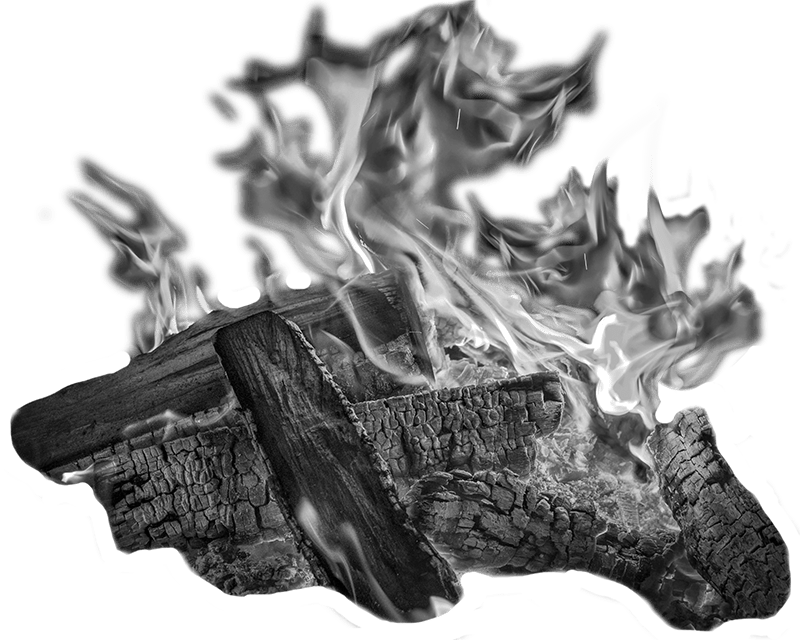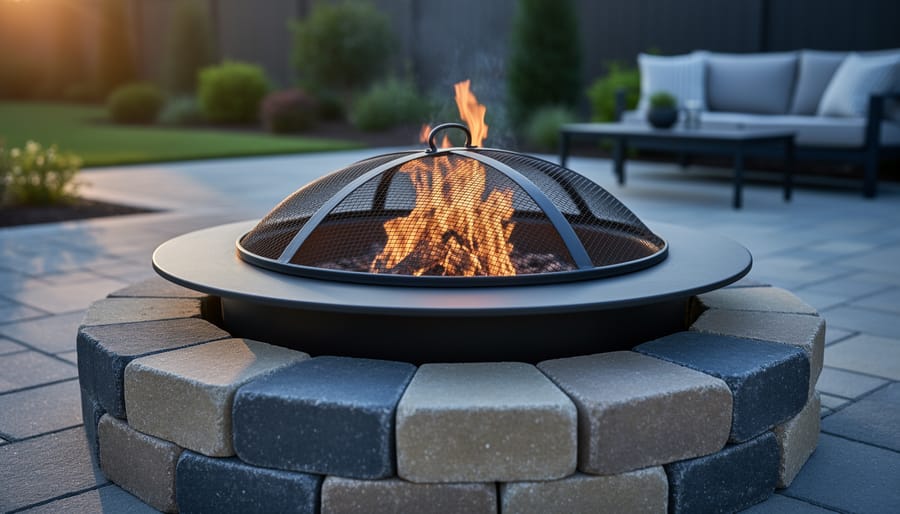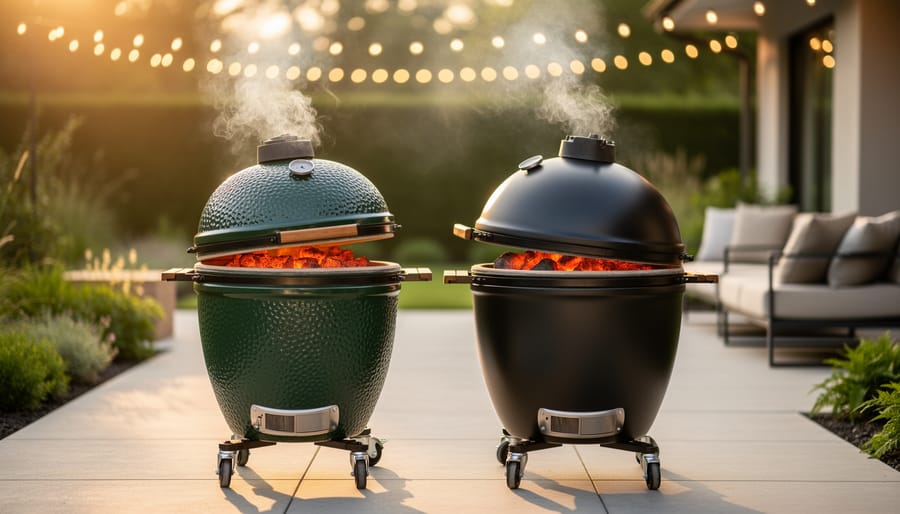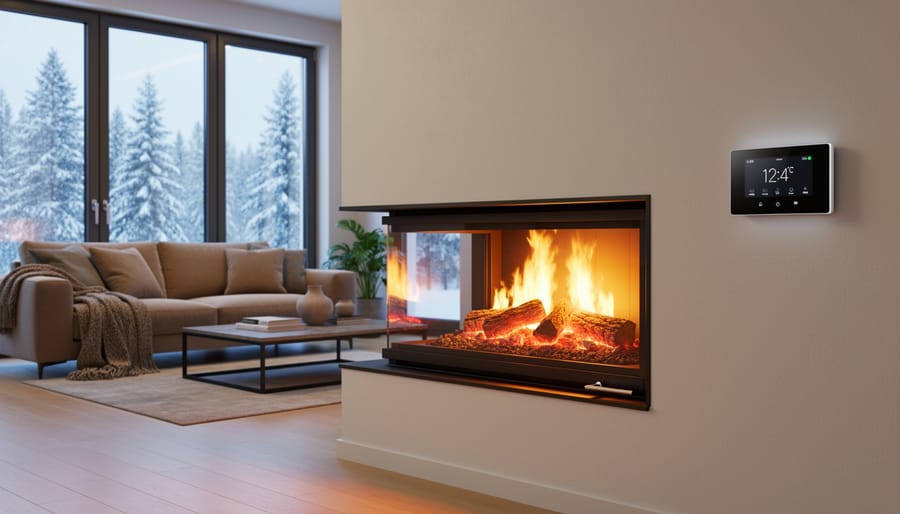When it comes to any kitchen appliance, you want to choose the best product that meets your needs and budget. When looking at cooktops, there are a few things to remember: appearance, durability, and heat conductivity.
If you have an outdoor kitchen, you’ve probably wondered what type of burner is best for the job. Also, you might want to consider whether or not the burner is made from cast iron or brass. Although these two options may seem very similar, they each have their own unique characteristics that make them worth considering for your next stovetop purchase.
In this post, we will compare these two types of burners so that you can make an informed decision.
Brass Burners
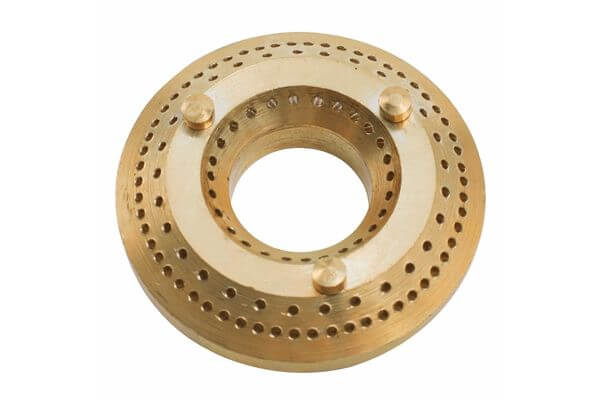
Brass burners produce a higher heat output than cast iron burners so you can get your food cooked much faster. They are also more expensive and are more prone to corrosion. So if you are considering buying brass burners, make sure you have an extra set of cheap cast iron burners for backup.
Cast Iron Burners
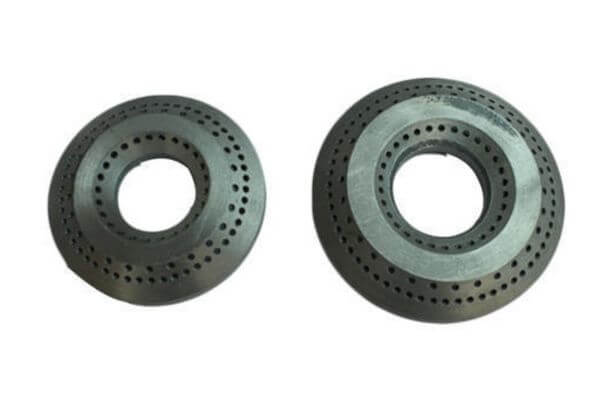
Cast iron burners are heavier than brass burners. This means cast iron burners are more durable and less likely to get damaged by normal wear and tear.
Cast iron burners are also more expensive than brass ones, but you will have to spend some money if you want a high-quality product that lasts for years.
While cast iron burners have many strengths, they do have one weakness: they are not as efficient as brass burners.
Brass Burners Vs. Cast Iron Burners
Cost
As you might expect, cast iron burners are the most expensive option. However, they are durable and last longer than brass or non-stick burners. Though they may cost more initially, they will pay off over time.
Brass burners are also much less expensive than cast iron ones—which makes sense since they aren’t as sturdy or long-lasting. This can be a good choice for people who don’t want to spend too much money on their cookware (and thus replace it often).
Brass is an affordable material for cookware, so if you want something that is easy on your wallet but still works well without breaking down all at once, this may be the best option for you!
Appearance
The appearance of your gas burner is something you should consider when making your choice. Brass burners have a shinier look, whereas cast iron burners are matte and darker in color.
Generally speaking, though: if you are looking for something that looks pretty without spending too much money, then go with brass. If, however, quality matters most, then go with cast iron.
Durability
A brass burner is more delicate than a cast iron burner. Brass is lighter, so it can crack or break if you drop it on a hard surface. If you use your stovetop burners often, this could be an issue.
Cast iron burners are heavier, more durable, and less likely to break or crack than brass ones.
Heat Conductivity
Cast iron burners have excellent heat conductivity, which means that they can quickly reach the desired temperature. Brass burners have a lower heat conductivity, so you may need to raise the burner to get your food cooking at the same rate as with a cast iron burner.
Rust Resistance
The main difference between these two materials is that cast iron burners are more resistant to rust than brass.
This is because brass tends to rust when moisture is exposed. At the same time, cast iron does not react with water or other chemicals. Brass burners are also more expensive than their cast-iron counterparts, but they are still popular among those who want the best gas grills.
Brass Burners or Cast Iron Burners
When choosing the best cooktop for your kitchen and your needs, a few options stand out for their value, durability, and appearance.
- Brass burners: These have a very traditional look, but they can be more expensive than cast iron burners. They do tend to conduct heat better than cast iron, so you will find it easier to control the temperature when cooking with this type of cooktop. The downside is that brass is more susceptible to corrosion – especially if exposed to harsh chemicals in cleaning products or water containing minerals like limescale (a buildup of calcium carbonate).
- Cast iron burners: They will last longer than brass ones because they are much more durable. Suppose you need something that will last for years rather than months. They also offer greater heat resistance, so there is less chance of burning food and being resistant to rust during regular use, which means less maintenance work is required afterward, too.
Who Wins?
Brass burners heat up faster than cast iron but are more likely to wear out. Cast iron burners last longer and take longer to heat up, but they also cost less than brass burners.
In short:
- Brass burners are the most expensive type, but they heat up very quickly, which is good if you are in a rush or running late for work.
- Cast iron burners don’t heat up as quickly as brass ones, but they last a lot longer because they don’t get worn out by frequent use (or improper cleaning).
Which one should you go for? It’s ultimately up to you, but consider that you might need to replace your brass burner sooner than later (its life span is only about two years). On the other hand, a cast iron burner can last up to 20 years, so if you decide on this type of wood-burning stove, it will be worth every penny!
Conclusion
Ultimately, there is no right answer to which cooktop is best for you. All of them have their pros and cons, and it comes down to what you are looking for. The only way to know which one will work best for you is by trying them out firsthand or at least reading some reviews before making a decision.
We hope this article has helped you understand the differences between these two types of burners and can now make an informed decision about which one is best suited for your needs. If you have questions or comments about brass or cast iron burners, please let us know in the comments below!
